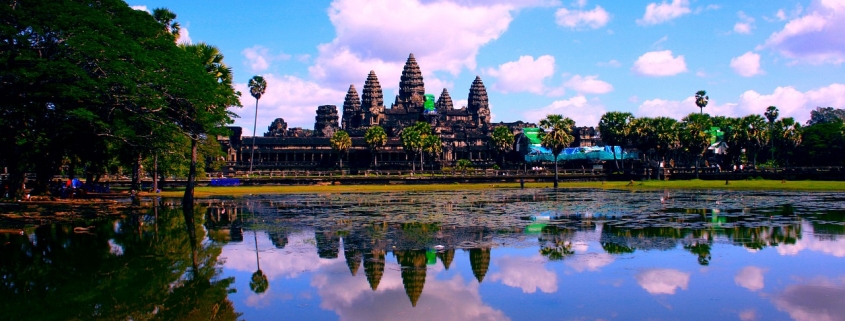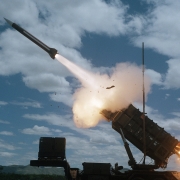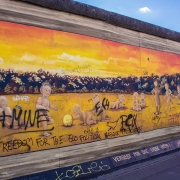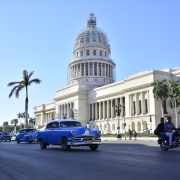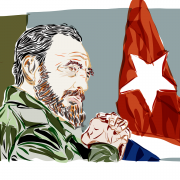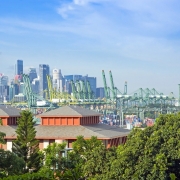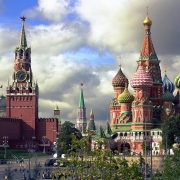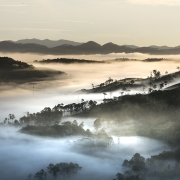What caused the Cambodian-Vietnamese War?
What happened in 1978?
On 25 Dec 1978, Vietnam invaded Cambodia and installed a pro-Vietnam communist government, known as the People’s Republic of Kampuchea (PRK). Given that this crisis took place during the Cold War period, the perceived expansion of communist influence in Southeast Asia prompted regional organizations, such as the ASEAN and UN, to take action and resolve the security threat. Eventually, with the assistance of great powers, namely USA, USSR and China, Vietnam agreed to withdraw its troops in 1991.
Topic of Study [For H1/H2 History Students]:
Paper 1: Safeguarding International Peace and Security
Section B: Essay Writing
Theme III Chapter 2: Political Effectiveness of the UN in maintaining international peace and security
In the following part, we will analyze the roles of Vietnam, regional organizations and great powers to understand how the Cambodian conflict started and ended.
1. [Cambodia vs Vietnam] Origins of the conflict
Before the 1978 invasion, there was a longstanding historical conflict between Cambodia and Vietnam. Before the 20th century, Vietnam was seen as a security threat to Cambodia. Then, from 1977 to 1978, there was a series of confrontations between the two nations as a result of the Cambodian incursions into Vietnam.
2. [Vietnam] Vietnamese occupation of Cambodia, 1978-1989
Following the Vietnamese invasion, Hun Sen ruled PRK in Cambodia. On the other hand, the government-in-exile (under Prince Norodom Sihanouk) formed the Coalition Government of Democratic Kampuchea (CGDK). Clearly, there was a formation of two camps – the pro-Vietnamese PRK backed by Soviet Union; the pro-West CGDK supported by China, USA and ASEAN.
3. [United Nations] Futile responses
In view of this occupation, the United Nations (UN) Security Council tried to draft resolutions in Jan 1979 to request the withdrawal of Vietnamese troops from Cambodia. However, Cold War interests hampered the UN as Soviet Union vetoed to defend Vietnam.
Likewise, the UN General Assembly’s efforts proved futile. After ASEAN raised the matter in Aug 1979, the International Conference on Kampuchea was held in Oct 1980, in which Secretary-General Kurt Waldheim requested Vietnam to end the occupation in Cambodia. Yet, Vietnam boycotted the event, thus limiting the effectiveness of the UN.
4. [Great Powers] The end of Cold War: International co-operation
Fortunately, the changing international climate ended the UN inaction. From the mid-1980s, great powers, particularly Soviet Union and China, worked together to support the UN in resolving the conflict.
As Soviet leader Gorbachev rose to power, he directed the withdrawal of economic and military support and pressured Vietnam to end its occupation in Cambodia. Additionally, Soviet Union and China held diplomatic talks in Kampuchea. Similarly, ASEAN conducted the ‘Jakarta Informal Meetings’ to improve relations between the PRK and CGDK.
As a result of international cooperation, the Cambodian conflict ended with the Paris Peace Agreement that was signed in Oct 1991. Vietnam agreed to withdraw its troops from Cambodia.
5. [United Nations] New roles: Peacekeeping and peacebuilding
Afterwards, UN could finally perform its role with minimal hindrances. In Feb 1992, the UN Security Council adopted Resolution 745, which authorised the deployment of the UNTAC (United Nations Transitional Authority in Cambodia).
In contrast to the peacekeeping missions during the Cold War (1950s-1991), the post-Cold War operations expanded beyond ceasefire monitoring. As the name suggests, the UNTAC played an administrative role by overseeing the smooth political transition of Cambodia. In particular, it succeeded in facilitating the elections held in May 1993.
What can we learn from this case study?
Consider the following questions to understand the case study:
– How far do you agree that Cold War rivalry was the greatest obstacle in affecting the effectiveness of the UN Security Council? [to be discussed in class]
Apart from analyzing various case studies in this broad and vast theme on the United Nations, you can also join our JC History Tuition to assess your knowledge application skills. We teach students to think critically and write persuasively. Furthermore, we use different teaching approaches to engage students as they learn to grasp concepts effectively.
The H2 and H1 History Tuition feature online discussion and writing practices to enhance your knowledge application skills. Get useful study notes and clarify your doubts on the subject with the tutor. You can also follow our Telegram Channel to get useful updates.
We have other JC tuition classes, such as JC Math Tuition and JC Chemistry Tuition. For Secondary Tuition, we provide Secondary English Tuition, Secondary Math tuition, Secondary Chemistry Tuition, Social Studies Tuition, Geography, History Tuition and Secondary Economics Tuition. For Primary Tuition, we have Primary English, Math and Science Tuition. Call 9658 5789 to find out more.

